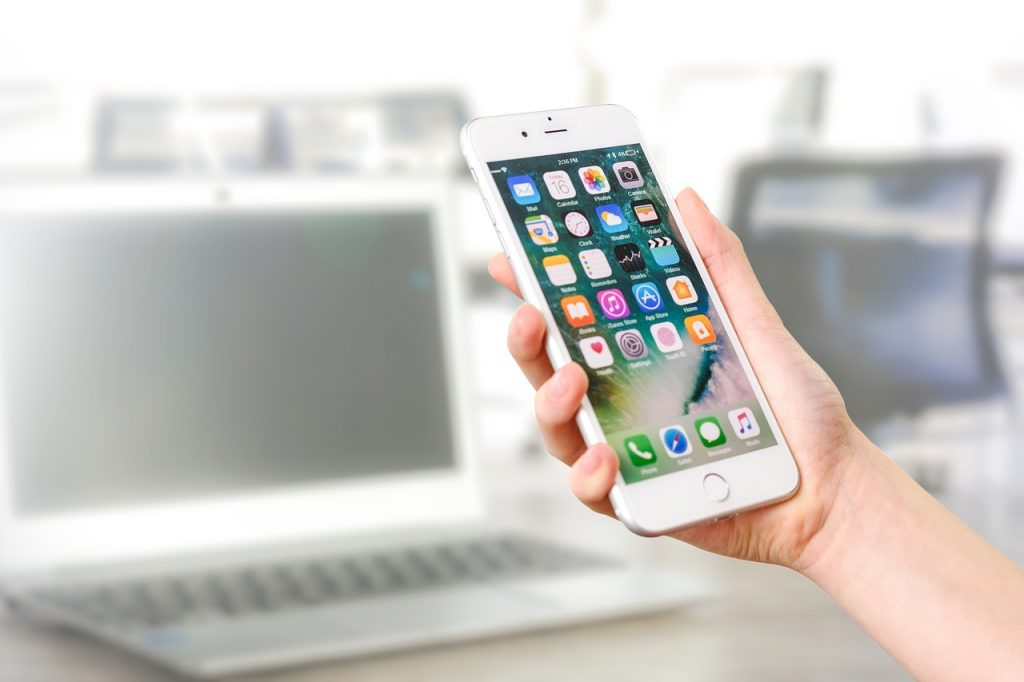Why Owning An iPhone May Put You At Higher Risk Of Identity Theft
To protect yourself form thieves, update your iPhone regularly, use two-factor authentication whenever possible, and choose strong passwords.
This article is more than 2 years old

Having an iPhone can be a major pain when it comes to protecting yourself from identity theft. By now, we’re all familiar with the headlines warning us of data breaches and other security threats. But if you’re an iPhone user, you could be at even higher risk than most. Here’s why owning an iPhone may put you at extra risk for identity theft—and what you can do about it.
Out of all the handheld gadgets we use, iPhones tend to be the most popular targets for hackers because they contain so much valuable information. From your contacts list to financial information stored in apps such as Apple Pay, iPhone users have a lot of personal data that makes them attractive targets for identity thieves. Plus, since iPhones are so widely used and often synchronized across multiple devices, they can be easy to access.
While not a common or widespread issue yet, 9to5mac.com shared a recent trend first reported by the WSJ’s Joanna Stern that involves thieves who watch for people to enter their iPhone passcodes in public places like bars before stealing the devices, sometimes snatching them right out of their hands. A 12-person crime ring was recently taken down after stealing almost $300,000 from 40 victims. To avoid becoming a victim of this type of crime, always cover your iPhone screen when entering your passcode in public.
Phone snatching and passcode stealing notwithstanding, iPhone owners should also watch out for phishing emails and other forms of social engineering. These attacks rely on tricking users into giving away their personal information, such as passwords or credit card numbers. iPhone users could be especially vulnerable to these kinds of attacks. To protect yourself, be sure to stay vigilant when opening emails or clicking links on your iPhone, and never give away any personal information unless you’re absolutely certain it’s safe to do so.
Here are some key iPhone security tips that every user should keep in mind:
Always make sure your iPhone is running the latest version of iOS. Apple regularly releases updates for its mobile operating system, which include important bug fixes and security patches, so don’t forget to check for updates on a regular basis.
It’s also important to use strong passwords and passphrases when setting up your iPhone. Try to choose passwords that are difficult to guess but easy enough for you to remember; also, don’t reuse the same password across multiple accounts or devices. Additionally, be sure to use two-factor authentication whenever you can; this extra layer of security will help keep your iPhone protected even if someone manages to guess your password.
Finally, make sure your phone is set up with Find My iPhone so that it can be located in case it gets lost or stolen-this allows you to quickly track down the device before any sensitive information falls into the wrong hands.
By following these security tips, you can keep your data safe and secure. Remember to update your iPhone regularly, use two-factor authentication whenever possible, and choose strong passwords; this way, you can rest easy knowing that your personal information is well protected.




